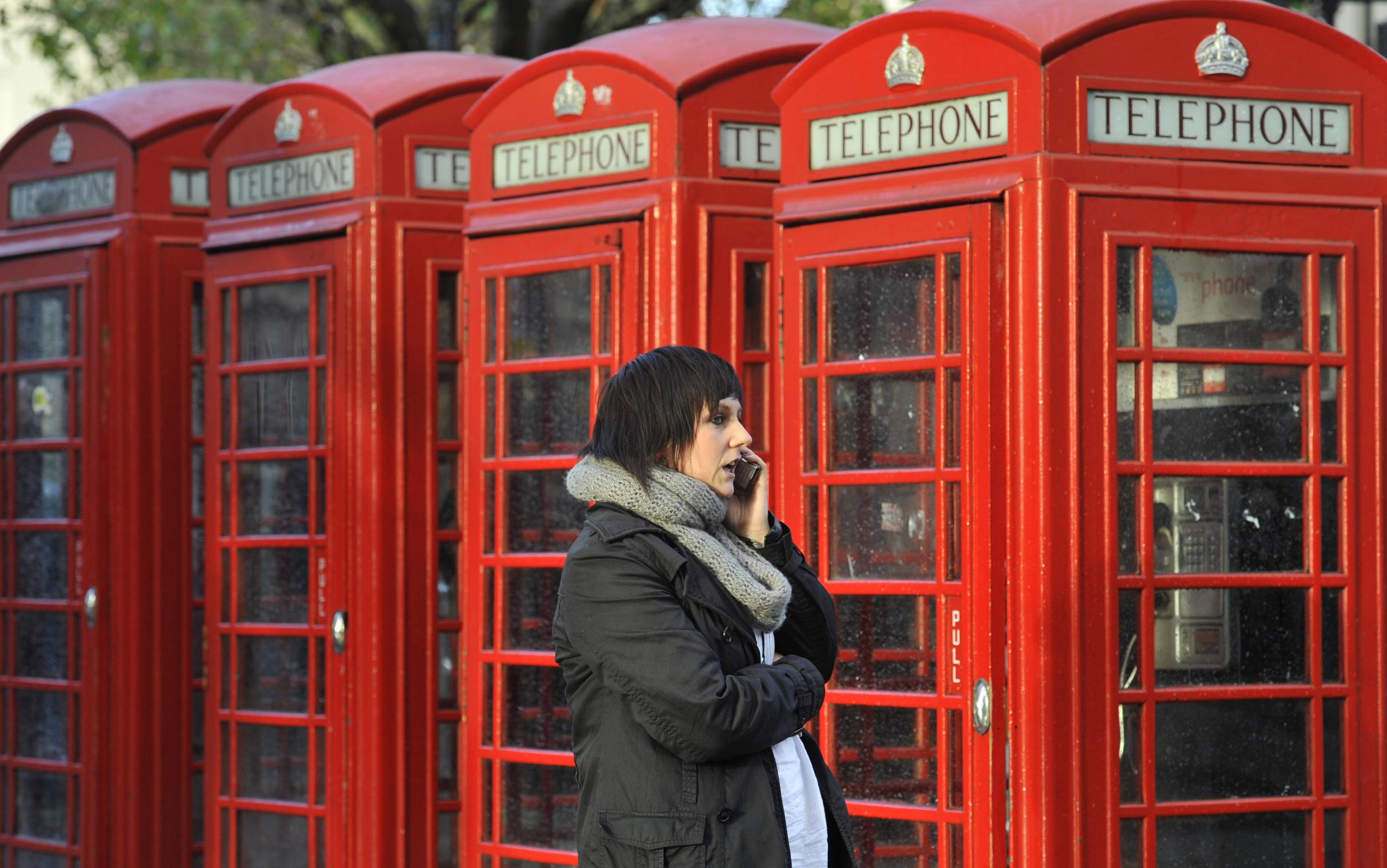UK's worst cities for mobile phone signal ranking topped by Birmingham, Leeds and London
Network operators focus too much on data speed at the expense of reliability, research shows

Your support helps us to tell the story
From reproductive rights to climate change to Big Tech, The Independent is on the ground when the story is developing. Whether it's investigating the financials of Elon Musk's pro-Trump PAC or producing our latest documentary, 'The A Word', which shines a light on the American women fighting for reproductive rights, we know how important it is to parse out the facts from the messaging.
At such a critical moment in US history, we need reporters on the ground. Your donation allows us to keep sending journalists to speak to both sides of the story.
The Independent is trusted by Americans across the entire political spectrum. And unlike many other quality news outlets, we choose not to lock Americans out of our reporting and analysis with paywalls. We believe quality journalism should be available to everyone, paid for by those who can afford it.
Your support makes all the difference.Birmingham, Leeds and London have the worst mobile phone signal in the UK, according to a new study.
Research by Global Wireless Solutions (GWS) showed O2 was the best performing network, with Vodafone ranked as the worst based on testing using both Android and iOS devices in 32 cities and towns across the UK. Telefonica-owned O2 was rated the most reliable network in 17 places, while Three was most reliable in 12 – including London – and EE came out on top in three.
Meanwhile, when it comes to criteria for selecting a network consumers are twice as likely to choose reliability over network speed, according to surveys and focus groups conducted by YouGov on behalf of GWS.
Read More: Compare providers and find the best deals with our Mobile Phone Deals page
When asked to consider the five most important criteria in selecting an operator more than two thirds (69 per cent) of respondents selected making calls, while 53 per cent selected texting, followed by 43 per cent who chose internet browsing. Just 3 per cent of consumers listed watching videos as a key function.
“There is too much focus on ranking operators by data speed versus other key network performance aspects such as reliability and customer satisfaction. The message we received loud and clear is that consumers want to know which network they can rely on to keep them connected to friends and family or to provide access to content,” said GWS chief executive Paul Carter.
“Our testing showed that all operators currently provide mobile internet quick enough to stream a video from Netflix, but the real issue is which network will let you call, text and browse the internet most reliably.”
According to GWS’s research, the most common problems reported by phone users were apps failing to load, text messages not sending, and calls either not connecting or dropping mid-conversation.
The survey also found that more than 500,000 18 to 34-year-olds admit to throwing their phone down in anger when they lose signal.
“Consumers have told us that the persistent issue of mobile signal not-spots around the country is clearly infuriating them. Our testing shows that local authorities in big cities like London and Birmingham need to work more closely with network operators to ensure network coverage is not being held back by red tape,” said Mr Carter.
Join our commenting forum
Join thought-provoking conversations, follow other Independent readers and see their replies
Comments